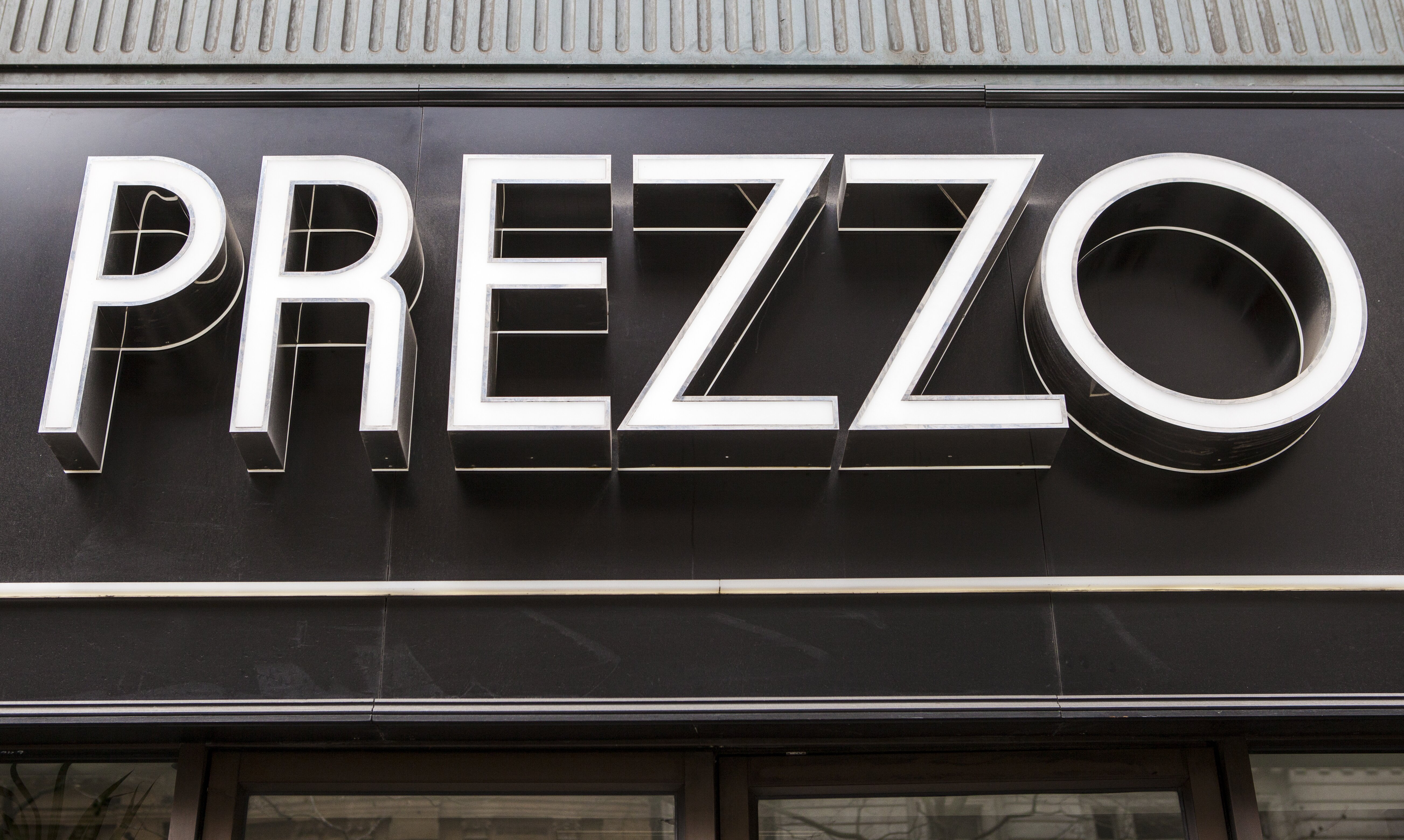Prezzo restructure could set precedent for other smaller businesses
The approval of Prezzo’s restructuring plan in the face of opposition from HM Revenue and Customs (HMRC) could set a precedent for other mid-market firms looking to reshape their business, a financial expert has said.
Last week, the casual dining chain became the first company to get a newer form of restructuring green-lit by a judge while facing serious opposition from HMRC.
Prezzo closed 46 of its 143 restaurants in April and applied to the High Court to restructure its business, saying soaring costs had made it “impossible” for all its sites to stay profitable.
Documents show it owed more than £11m to HMRC and in other taxes, with the government department arguing the scheme was unfair and being used by Prezzo to avoid paying the debt.
However, a judge rejected the argument and said HMRC would recoup £3.3m through the restructuring plan, rather than around £1.3m if Prezzo entered administration.
Documents state landlords of Prezzo’s 46 loss-making restaurants are also set to miss out on £32m owed to them, but it is understood many have already forfeited leases and begun negotiations with the chain.
FRP Advisory, which worked with Prezzo on the plan, estimated that the business would only be worth between £10m and £14m if it was sold via pre-pack administration.
In the court ruling, the Honourable Mr Justice Richard Smith said administration would have been a “costly and value destroying process” for the brand.
Different type of restructure
The restructuring method used by Prezzo is part of the Corporate Insolvency and Governance Act 2020 (CIGA), which was brought in to help struggling companies during the pandemic.
It differs from a Company Voluntary Arrangement (CVA), a scheme which has been used by casual dining chains including Prezzo itself in 2018, as it does not require approval of 75% of creditors to go ahead.
Instead, a judge can rule on whether they believe the plan is fair and would leave creditors better off than an alternative, such as administration.
It can also be used by solvent companies as an early intervention to help avoid financial difficulty.
Allan Kelly, partner in the restructuring advisory team at FRP, said the restructuring method had mostly been used by larger companies since 2020 and the Prezzo ruling would help set the groundwork for smaller businesses.
“The big thing about Prezzo is it’s the first properly HMRC-contested plan to get through,” he said.
“Other cases were heavily contested earlier this year, but the judge ruled against the restructuring.
“It’s that learning curve which has helped us with Prezzo…the more plans that go through the easier and cheaper theoretically they become [for businesses].
“It’s given us a useful benchmark [and] a good starting point to understand the challenges of getting a restructuring plan through and demonstrating that it is a generally viable alternative [for businesses].”
Like many other large casual dining chains, Prezzo has significantly cut the size of its estate over the last five years.
In 2018, it had 300 UK restaurants but closed 94 sites through a CVA, including its Tex-Mex brand Chimichanga.
Investment firm Cain International acquired the business out of pre-pack administration in 2021 with the closure of a further 22 sites.
Prezzo launched its restructuring plan in April and is now left with 97 restaurants, which it said had delivered strong like-for-like sales in 2023.
After the plan was approved last week, Prezzo’s chief executive Dean Challenger said: "This decision brings to an end our strategic review enabling us to focus on building a quality led, profitable and sustainable business.
"Our restaurants are in the right locations, offering quality food and drink to our customers, served by teams committed to delivering an exceptional customer experience."

















